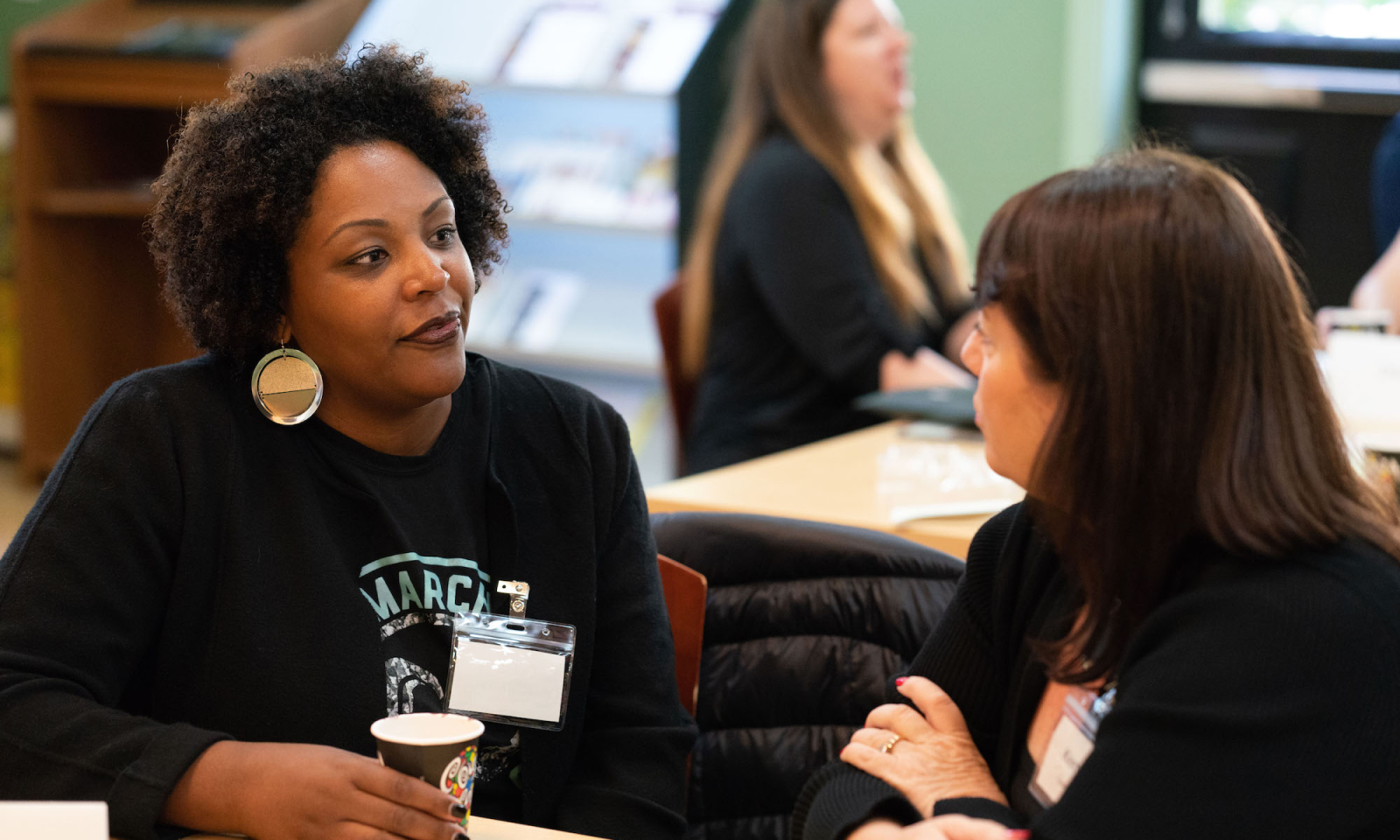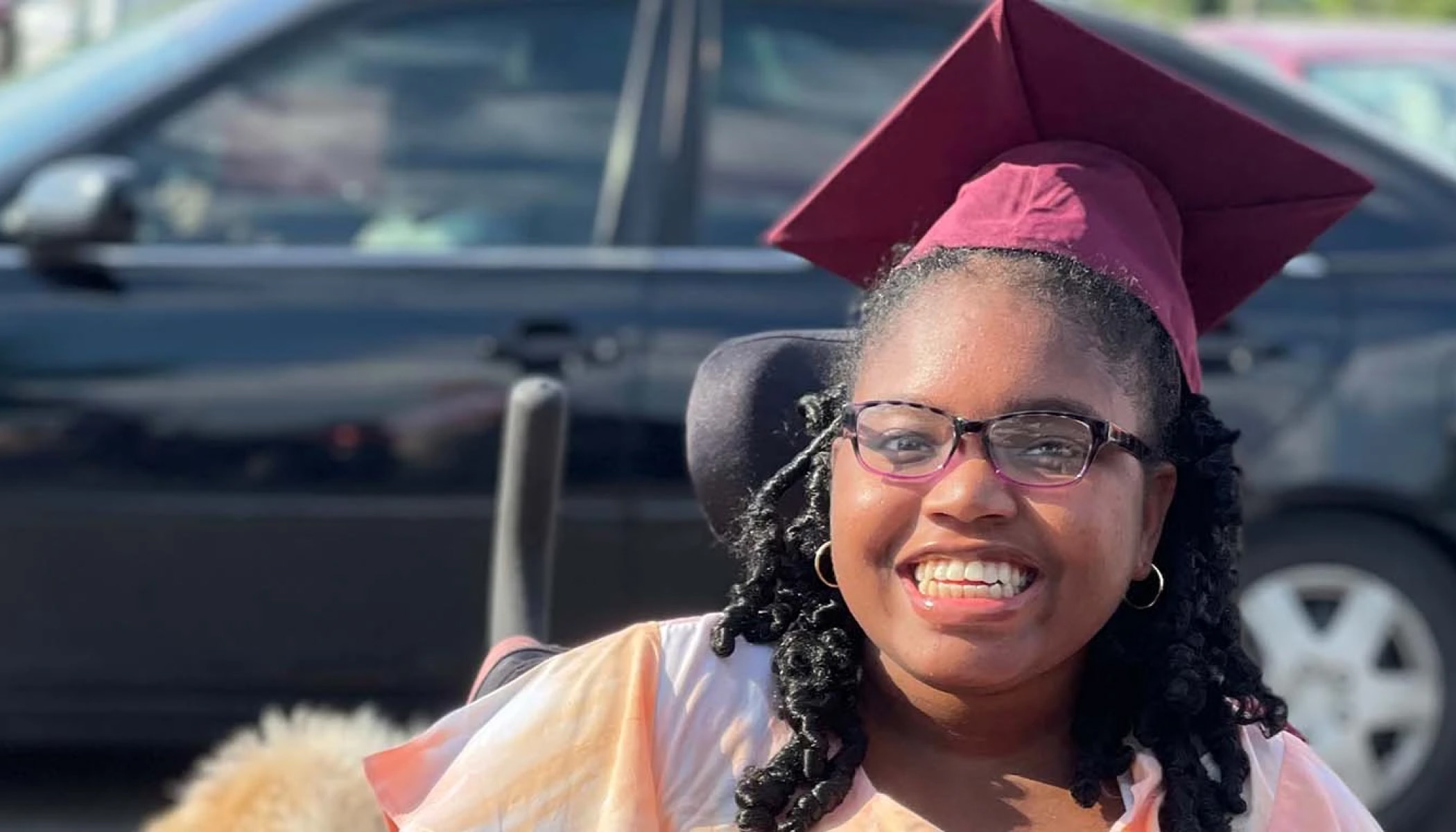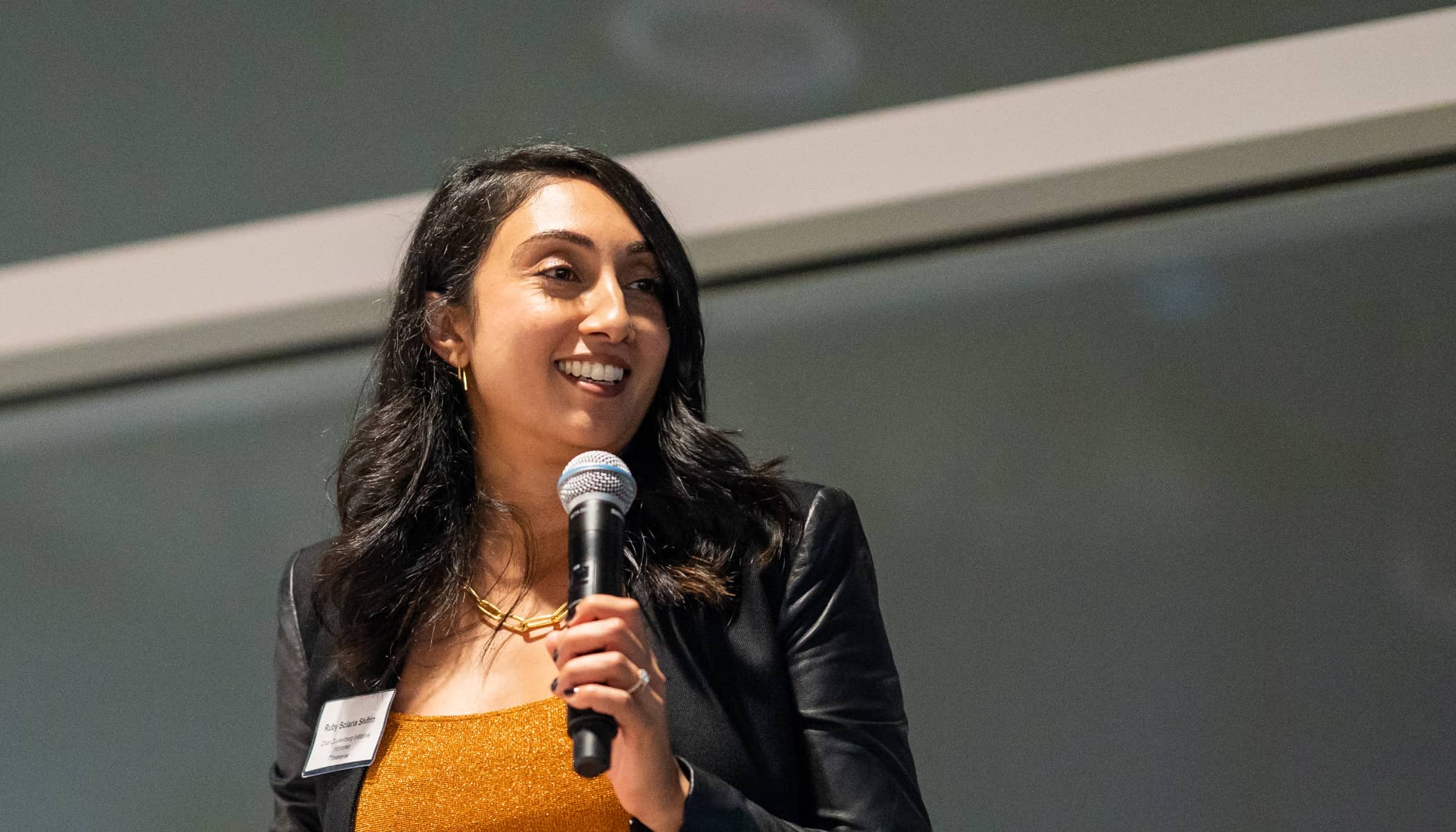May 4, 2020 · 5 min read
Behind the Movement: More than Funding, Organizations Need Capacity Building

It’s a common story in non-profit work: An organization starts off with an ambitious mission. Its team does great work and grows quickly. But then, as they’re busy serving more and more people, they hit a problem: they don’t have enough time or support to build out the strategies and skills they need to sustain that growth. And as a result, the organization struggles to reach its full potential.
We launched the CZI Community Fund Capacity Building Program to help address that challenge. Last year, CZI’s Movement and Capacity Building team worked with Community Fund grant partners from Belle Haven, East Palo Alto, North Fair Oaks, and Redwood City to design a comprehensive training program that would suit their diverse needs.
Together, they decided to pilot two training tracks: one dedicated to communications and another focused on advocacy and organizing strategy. Three voluntary and invitational all-day trainings were offered over two months, with 28 CZI Community recipients participating.
One of those participants was Mirna Cervantes, representing The Multicultural Institute.
Cervantes got her start in non-profit work when she was a student at the University of California, Berkeley. Cervantes grew up in a low-income Latino community, and she noticed that there weren’t a lot of students on campus who shared her lived experience. She found herself missing her friends and family, and wanting to help her community access better opportunities for themselves.
Then, Cervantes discovered The Multicultural Institute (MI), a Chan Zuckerberg Initiative (CZI) grant partner with the mission to “accompany immigrants in their transition from poverty and isolation to workforce participation and prosperity.” For the first time since she left home, she felt like she found a community. She started as a volunteer with MI and was soon hired as a tutor, then a site coordinator, then a full-time staff member. Currently, Cervantes helps lead the organization as its Associate Director.
Cervantes has been working at MI in one capacity or another for nearly ten years now, and she’s still only in her 20s. She loves the work, but it’s challenging. MI serves more than 3,000 individuals directly each year. And while Cervantes once spent most of her time in the community, now she’s more often in the office, helping to manage the growing non-profit.
When the opportunity to participate in a capacity building program with her peers came up, Cervantes jumped on it. She chose to participate in the advocacy track, explaining, “Advocacy is an area we wanted to learn more about. Since immigration has always been our starting point, we know it’s an important area. But while we support our clients, we don’t actively participate in advocacy initiatives.”
Over the course of the training, Cervantes and the MI team were able to discuss how their existing organizational goals could be paired with advocacy efforts to address larger, systemic issues. They also learned the specifics of lobbying and steps to organize and mobilize for change.
After the training, Cervantes remarked, “Because we’re all so busy every day, we don’t have time to reflect on our work. This training gave me the opportunity to reflect.”
Colsaria Henderson felt the same way. Henderson is the Executive Director of Community Overcoming Relationship Abuse (CORA), a CZI Community Fund-backed organization that is dedicated to providing safety, support, and healing for those experiencing intimate partner violence. As public education is an important part of CORA’s work, Henderson decided to focus on communications.

“We don’t often get the opportunity to focus on this specific side of our work,” she said. “It was a wonderful experience to talk to other peers and organizations and compare tools and strategies.”
Over the course of their training, Henderson and her colleagues learned how to build a culture of communications and implement digital communications strategies like developing a strong social media presence and online marketing. They also ran through exercises, workshopped new ideas, and connected with like-minded organizations.
Henderson is hoping that CORA will be able to strengthen the connections and sustain the relationships they developed throughout the course of the training program. She said, “We can’t do the work if we don’t have opportunities to convene with others and learn from them.”
That’s exactly what drew CJ, a manager at CZI who leads movement and capacity building strategy for CZI Community, to this work. “Organizations can’t make big change with grants alone,” she said. “We have an opportunity to do more—provide counsel, offer learning opportunities, and create space for community to gather.”
With the pilot program completed, the CZI Community team is working to enhance the modules for the future, while ensuring those grant partners like MI and CORA are getting the ongoing support they need to implement what they learned.
CJ concluded, “Our goal is to help give all our CZI Community Fund grant partners support to get where they need to go. The CZI Community Fund Capacity Building Program is an essential tool for meeting that goal.”





